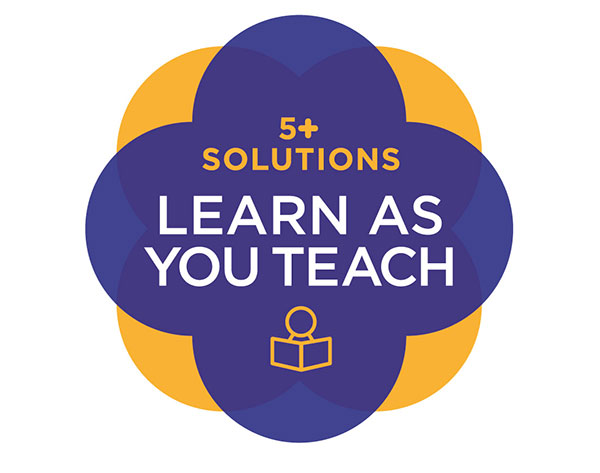Securing your child’s future, today
What the impact has been on the development of children as a result of the disruption to formal education has yet to be quantified. This author, for one, suspects that they will be writing government papers and doing research on the lost education of the Covid 19 generation for some time.
There is excellent research to support the assertion that children who are simply much younger in their group are somewhat disadvantaged in respect of the older children in the year. I suspect that our current primary cohort, especially those year groups not selected for an early return, will experience a sense of having to regain lost time, not unlike those children who have always been the youngest in their year group.
What is certain for the parent of the primary aged pupil is that this phase of their child’s education is pivotal in securing a firm foundation on which future more advanced studies will be based – vital, in point of fact, for assuring the success of those future studies and the subsequent move to furthermore specialised studies and employment.
Managing the educational gap – the scrabble for an effective patch
That schools are sensible to the importance of supporting parents, sending work home; making use of other media, such as video, to help move children forward in their understanding; telephoning to ensure the health and safety of their young charges and even in some cases providing online lessons for pupils, is not in doubt. The equal effort that many parents are making to keep up with, not only their own pressing concerns but also with everything that the school is throwing at them, no less so. The question is how effective is this educational patch?
Whilst modern primary schools provide for a wide range of experience and subjects – and rightly so – they have always been at heart wedded to the three “Rs” – writing, reading and arithmetic. This has been the focus of much of the work being sent home for children, and this should form the core of the current home educating programme. Reading and writing English lies at the heart of accessing many other subjects.
A loss of footing in Maths is also highly detrimental to the development of many important life skills, as well as more science-based subjects. This author would add Modern Languages to this mix, as like Maths, it is a skill-based subject that is not as easily acquired in later stages as many primary schools and parents imagine – witness the number of UK secondary pupils who are only too glad to drop their Spanish or French when approaching their GCSE options.
The focus of a modern online primary tuition programme – crossing the educational gap
Devising what should be the focus of an effective online tuition programme for supporting parents and home educators of primary aged children has, of course, been in part driven by what educational professionals would deem to be key to their development, but also in part by demand – we have always quite simply been asked for Maths and English, for many of the reasons outlined above. In later years, to my delight, as a long time enthusiast for establishing a progressive and effective Modern Language programme for primary aged children, parents have increasingly asked us for either Spanish or French or both. Parents are becoming increasingly aware of the need to begin Modern Language learning earlier and simply plan ahead.
As has been stated in previous articles, the world is becoming ever more global and the need to place Modern Languages in the tool bag of the primary aged learner ever more pressing. We have to seek to look into the future and think through what our current primary aged learner is going to need to be successful in their secondary studies – realise that in the prime of their lives, they may be called upon to fill roles that do not even exist in our present time. As a sage once quipped “if we aim at nothing, we frequently hit it”. In the case of our primary aged learners stepping out into an increasingly competitive and technologically competent modern world – an absence of planning and attention on the part of parents to their child’s education, even disastrous.
The focus of a modern online primary tuition programme – making the gap count
We have explored in previous articles how one to one tuition is by nature more intensive, as the focus of the tutor is wholly upon what the child is doing, learning and more importantly what progress they are making. When the tutor closes a gap in a child’s learning base or upgrades it to the next level, they are metaphorically putting currency in their educational tool kit. Obviously, we are not all destined to be rocket scientists, but it should be possible for any child, having received a comprehensive primary education, to take full advantage of what is on offer at the secondary level.
The modern GCSE in any subject is very doable. For a secondary student to not choose a subject, because it does not particularly interest them, or suit their gifting is making a choice; to not attain a good grade at GCSE in English or Maths, or not choose a subject like a Modern Language because it is too difficult, is not really a choice. It is accepting the poor equipment in their educational tool kit In short, it is the result of poor maintenance and bad planning – planning that should have begun in the primary phase of their learning journey.

